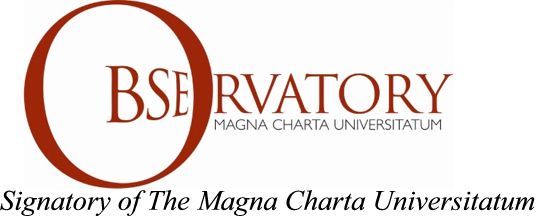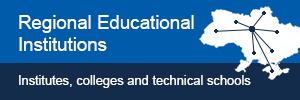On November 25, 2024, the Laboratory of Economic Theory and Bioeconomy held a meeting together with FACE, Europarc, the Estonian State Forest Management Center and ELO!
On November 25, 2024, the Laboratory of Economic Theory and Bioeconomy held a meeting together with FACE, Europarc, the Estonian State Forest Management Center and ELO!
25 листопада 2024, 16:23









